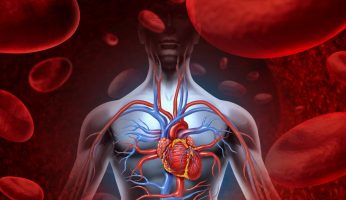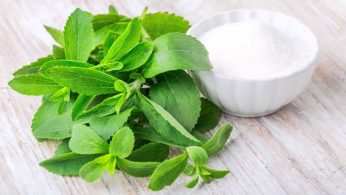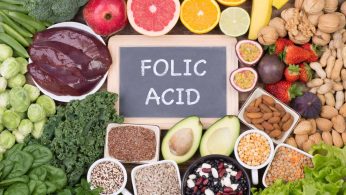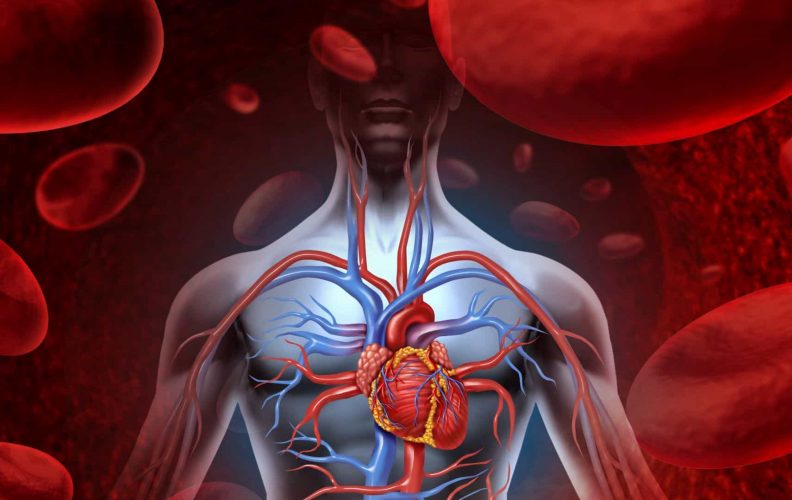A Holistic Guide to Hydration
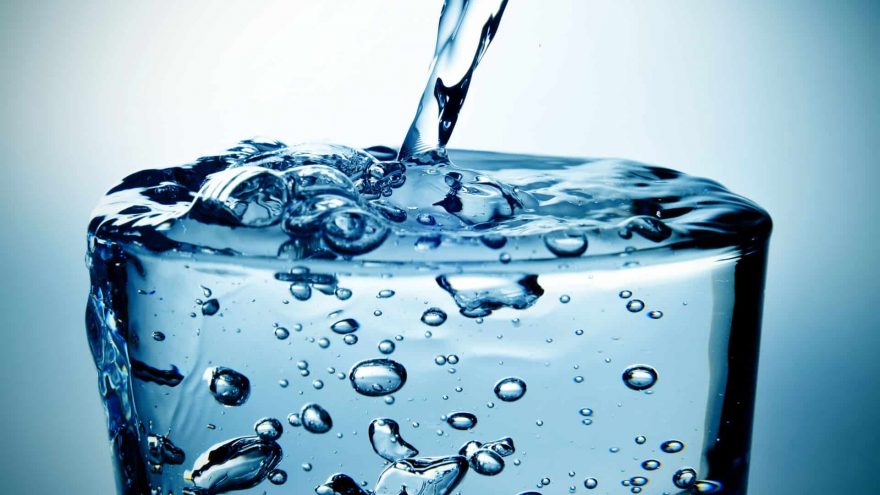 A Holistic Guide to Hydration
thefitbay.com
A Holistic Guide to Hydration
thefitbay.com
Water is the second most important life substance after oxygen, and any organism soon dies without it. Water is the basis of life and it comprises over 60% of the adult human body. (1) Therefore, it is important to have a steady fluid intake during the whole day – this is necessary for the maintenance and correct functioning of the human organism.
However, overall awareness about proper hydration and consumption of the right fluids is very low, and this is probably one of the most underestimated topics in relation to human health. It is really alarming what and how people drink, often despite serious medical problems. Due to constantly repeated (mis)information connected to water and hydration, we recommend you read this article and carefully think about the information inside.
For a better understanding of how we should hydrate our body properly, we should take a close, unorthodox look at dehydration first.
Dehydration
Dehydration is a bodily state which sets in at the moment when the body has insufficient amounts of water to ensure its correct functioning. (2) But there must be something added to this general definition. In fact, dehydration starts when the body has insufficient amounts of water on all of its levels, meaning also on a cellular level.
Dehydration causes are basically twofold:
- intake of bad/unsuitable fluids,
- small amounts of received fluids.
Why Are Most of us Dehydrated?
Given the current lifestyle and the quality of available water, almost all people are dehydrated and their cells suffer from lack of water. At the same time, people often have liters of useless water which the body can’t use. The cause of this is hard, unstructured water, full of inorganic substances, which enters the body with difficulty and has trouble hydrating the body’s cells.
Dehydration is therefore not only connected with small amounts of accepted fluids, but also with the kind of fluids that are supplied to the body.
Dehydration Symptoms

How do you know that you are dehydrated?
The human body essentially has two basic mechanisms that point out that you are dehydrated. These are feelings of thirst and headaches.
-
Thirst
Lack of fluids is primarily manifested by thirst. But it is not enough to follow the feelings of thirst, because thirst goes away regardless of the quality of the fluids. It is the same thing as when your car tells you that you have an empty gas tank. You can fill up the tank with any fluid and the device will tell you that the gas tank is full. But this does NOT mean that the car will go and that it will not be damaged.
The same applies to the human body. That is why we repeat that you must give the body the right “fuel,” not only the right food, but also the right fluids.
-
Headaches
One possible manifestation of dehydration in the body is headaches. (3) To get rid of this pain, you can just start with the correct hydration of your body. It is important to know that headaches are just a natural reaction of the human body. It is a warning sign that tells us that something is not right. Therefore, we should not try to suppress the headaches with “medication,” but rather should try to remove their cause.
-
Other Dehydration Symptoms
There are many more symptoms of dehydration besides thirst and headaches. Namely, these could be: (4)
- darker yellow urine,
- dry mouth and skin,
- rapid breathing and heartbeat,
- muscle cramps,
- irritability,
- and others.
Some sources even divide these symptoms into different categories, for example, according to the individual levels of dehydration they correspond to. Here it suffices for you to realize that the worse the dehydration is, the worse are the symptoms as well.
Dehydration is related to human health on more than just the symptomatic level. Absorption and exchange of water inside the human body has absolutely essential importance. Water within our body transports nutrients, helps digestion, transfers information, penetrates the cells, and allows intercellular transfer. Logically, the quality of water and its amount can be connected to any disease and its symptoms. So a hydration symptom can be basically any disease.
If you want to resolve a dehydration issue, give the body the right fluids and in the right amounts – you will hydrate the body on all its levels and you will support it in restoring the natural balance of your organism.
What Drinks Should You Avoid?
Now you know that apart from the correct amounts of fluids, the quality is also important, namely, what exactly you are drinking. Here we are getting in direct conflict with the modern lifestyle, based on caffeine, energy drinks, and high-sugar sodas. These drinks increase acidity and disrupt the acid-base homeostasis within our bodies. As a part of your healthy routine, avoid these modern drinks as much as you can.
We also get in conflict with the drinking of sparkling water. Sparkling water is carbonated with high amounts of carbon dioxide, which may improve the taste, but also affects our digestion and increases acidity.
Mineral Water Dangers
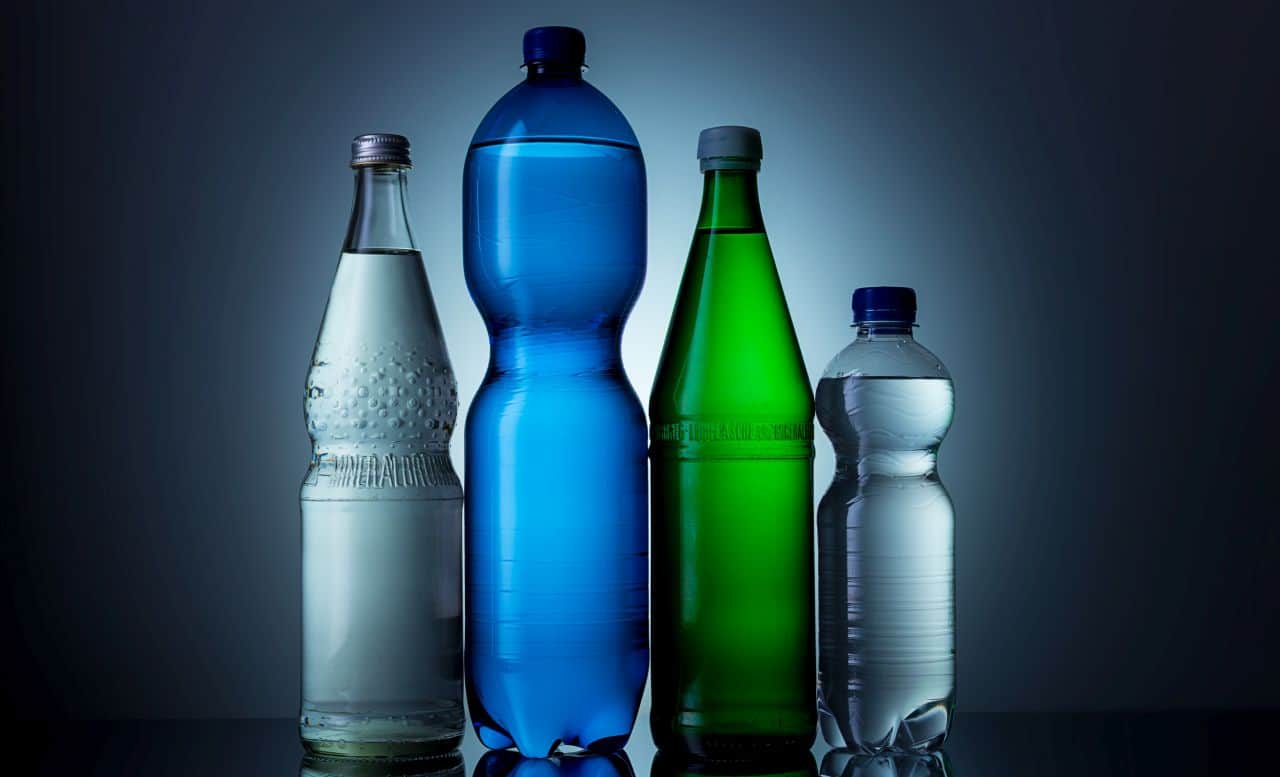
Drinking of mineral waters for other than targeted medical purposes is a chapter for itself. The basis of the negative influences of frequent mineral water consumption is the difference between the organic and inorganic origins of dissolved substances in water.
Organic vs. Inorganic Origin of Substances
Organic origins means that the substances come from living matter, such as fruit, vegetables, fish, eggs, etc. As hinted by its name, these are natural for the human body and easily usable. They contain vital energy, which they transfer to us.
On the other hand, inorganic substances are hard to make use of for the body. The chemical analyses may seem identical to the organic substances, but they lack the mentioned vital energy, which our bodies need.
And why we are listing this here?
Because mineral water is rich in inorganic substances. These substances are hardly digestible for the body, and they can be deposited within the body and cause numerous health complications, such as kidney stones, gout, etc.
Yes, this information is in direct conflict with the nutritional and pharmaceutical industry and modern medicine. But they are not an invention of a madman; they have a logical essence and we can find them also in eastern medicine. From this point of view, regular drinking of mineral water is unsuitable.
Drinkable Tap Water
If you drink tap water, you should definitely reconsider, and at minimum examine its quality. We are not saying that all tap water in the world is bad. We just take the liberty to point out that when drinking tap water, it is good to know what kind of water you are drinking. And why?
Because your tap water may not be high-quality at all, and in the end, you are the only one who will be dealing with the consequences of this on your body.
As we have stated repeatedly in this article, the quality of the water you drink is important as well as the quantity. Water quality depends on many factors, and when talking about tap water, we will focus on the amounts of dissolved inorganic substances. We already know from the chapter mineral water dangers that inorganic substances can tax the human organism and cause serious health complications.
So let’s take a look now at tap water.
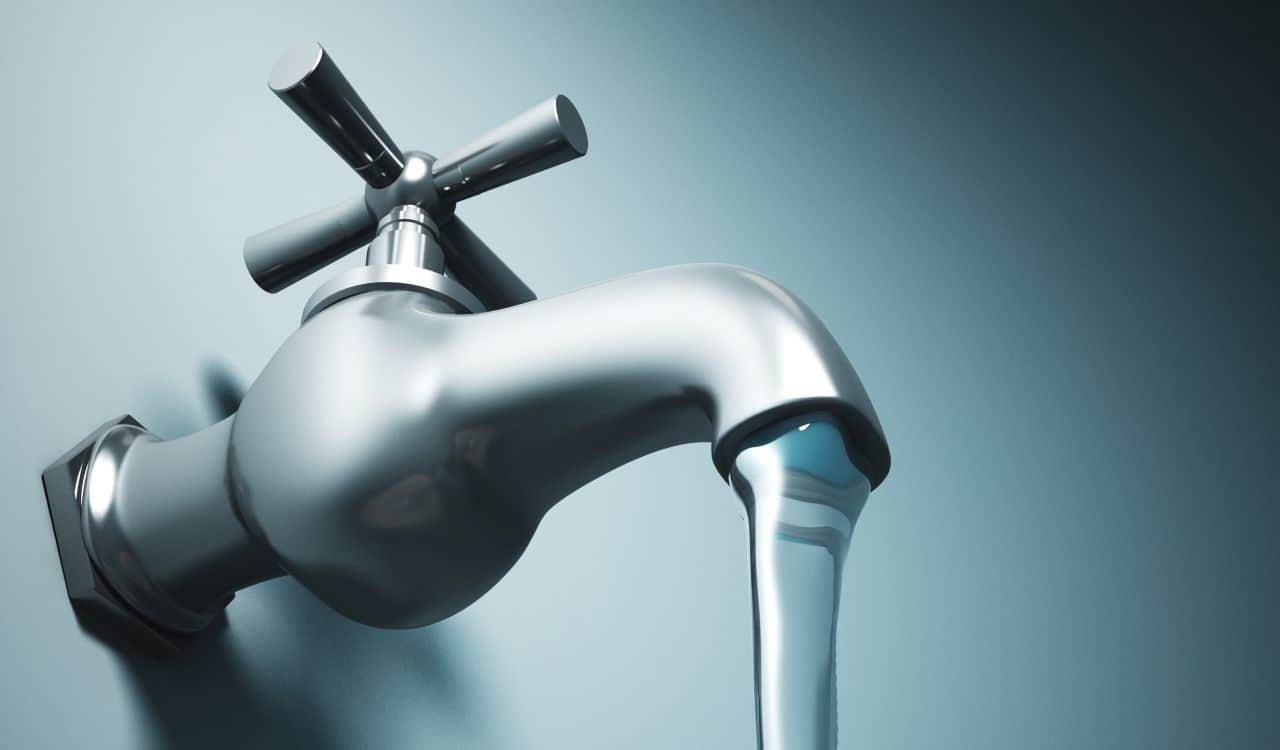
Before water reaches us from the water pipeline, it is cleaned and somewhere even “enriched”. Cleaning is absolutely logical, since drinkable water occurs rarely in civilized countries or their environment. In fact, the majority of current water sources are contaminated with: (5)
- organic materials,
- gases,
- pesticides,
- medicine residue,
- nitrates and nitrites,
- heavy metals.
Cleaning and enrichment of water is carried out with the use of many inorganic substances and chemicals, the most well-known of them being inorganic chlorine and the infamous sodium fluoride.
After cleaning, the water with dissolved inorganic chemicals goes through water pipelines, where, while passing through, the amounts of inorganic substances increase even more. (6) The water pipelines can flood many contaminating substances into the water such as calcium deposits, pieces of rust, and chemicals, which are used for the maintenance of these water systems.
The goal here is not to spread terror, but to allow for a broader perspective on the benefits of the fluid that pours out of our water taps. The result could be water which is NOT entirely suitable for the human organism.
Water Hardness
The value of inorganic load in the water can be measured by simply dipping the end of the conductivity meter into the water. The measurement is really quick, and you can see right away just how much the water can affect your organism. The investments related to the purchase of a measurement device will therefore definitely pay off.
The higher the measurement result, the harder and more conductive the water is. Hard water with higher conductivity values is more harmful and causes limescale to build up in the environments it is carried through.
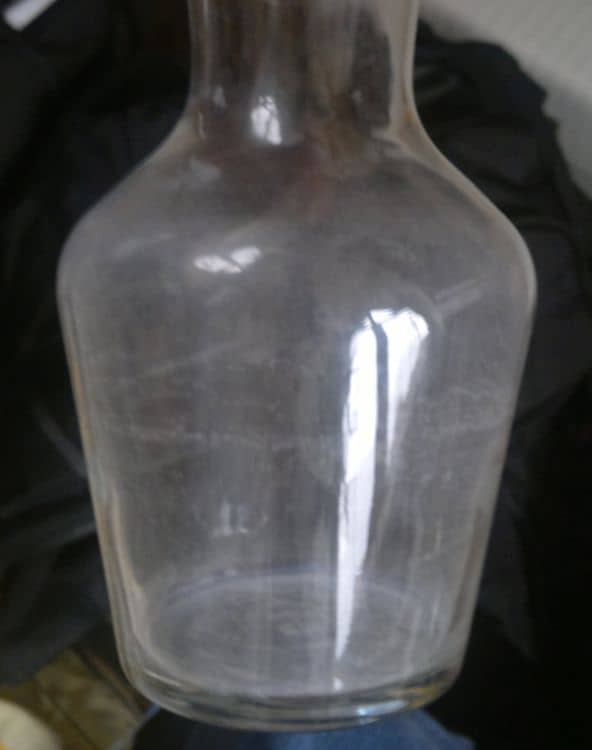
Soft water, on the other hand, hydrates the body better and cleans it.
The measured value for regularly consumed water should not exceed 200 µS/cm. It is not odd to measure many multiples of this value in tap water in some cities! If you measure higher conductivity in your water, reconsider its direct consumption. The alternative possibilities are listed below.
What To Drink
Now we are finally getting to the drinks that could actually be good for consumption. But do NOT expect that all of the listed drinks are approved by governmental organizations or that there will be a number of studies to confirm their positive effects on the human organism. Put simply, this is not in the interest of big companies or even in the interest of our political and economic system.
Take this list as a possible inspiration:
- purified water,
- distilled water,
- deionized water,
- reverse osmosis water,
- ice water,
- alkaline water,
- natural water,
- spring water,
- best bottled water,
- tap water with low conductivity,
- green drinks,
- fresh fruit and vegetable juices,
- mild herbal teas,
- macerates.
The articles for the individual categories are in preparation. Since we have already criticized many sorts of drinks, we would like to point you in a direction in the meantime.
Alkaline Water
Drinking alkaline water is connected to the pH balance of the human body. In cases where the body is too acidic the alkaline water can significantly help the human organism.
Green Drinks and Fresh Juices
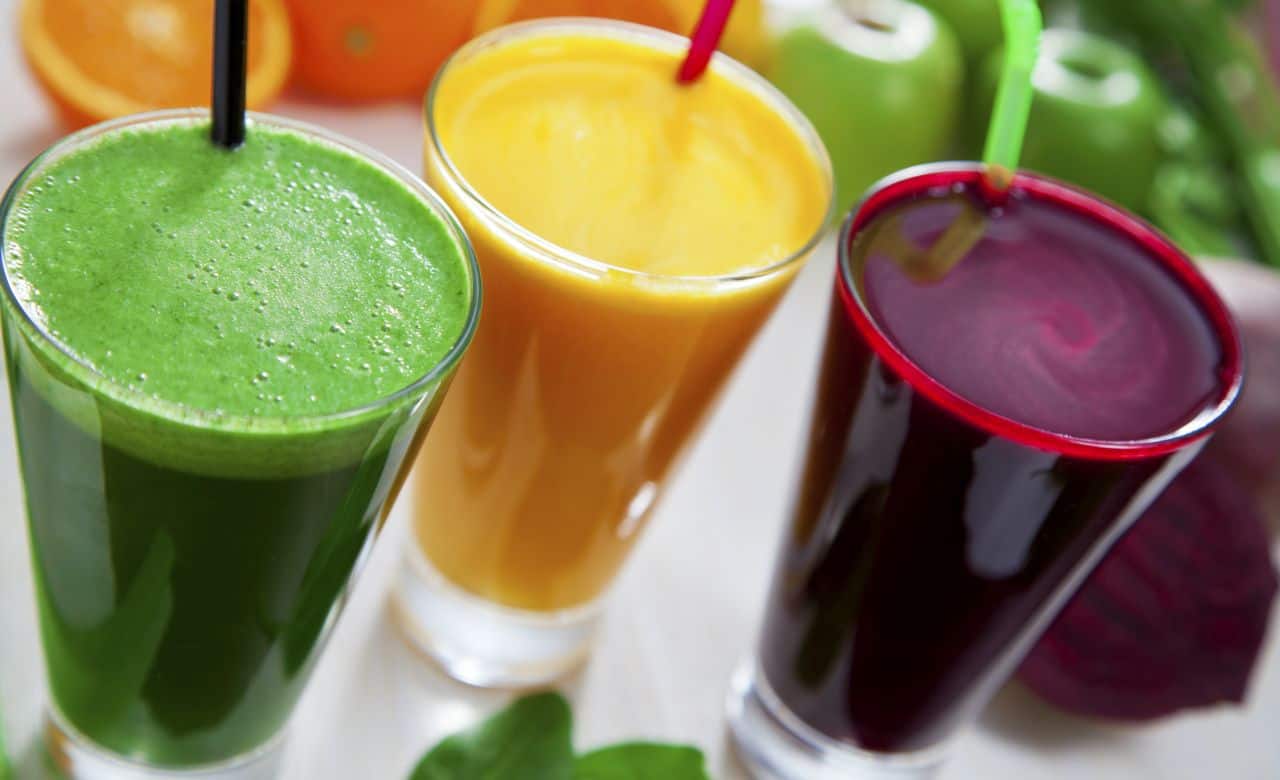
Green drinks and fresh fruit and vegetable juices are literal shots in the arm. The secret of these drinks lie in the quick utilization of organic mineral substances, vitamins, salts, and enzymes that the body usually gains through complicated and long-term processes. A simple green drink can be prepared by simply mixing quality young barley with water.
The absolute basics for the consumption of fresh fruit and vegetable juices is the book:
- Fresh Vegetable and Fruit Juices by Dr. Norman W. Walker
For those of you who haven’t read this book already, we definitely recommend you do so. Besides other important information concerning nutrition and fluid intake, you will also find many great recipes in it.
How Much Water Should You Drink A Day?
The basic logic is very simple. We should drink at least as much water per day as the amount we expel from our bodies. The amount of water consumption depends on: (7)
- physical effort,
- temperature and weather,
- health state.
So there is no exact number, but rather it is individual and depends on the circumstances. There are various recommendations regarding our overall daily intake of fluids. Some sources recommend 2.2L of fluids for women and 3.0L of fluids for men. (8) Other sources even recommend an overall fluid intake of 2.7L for women and 3.7L for men. (9)
An adult person can expel 2.5L of water on average during the day through his breath, sweat, urine, and stool. We consider this amount as minimal, which needs to be supplied to the body so that we do not suffer from dehydration.
The recommended amount encompasses all fluids that we provide to our bodies during the day. So not only water, but also fresh fruit and vegetable juices, green drinks, mild herbal teas, etc. and fluids gained from food.
When To Drink Water
Hydrating the organism is usually most important in the morning, after waking up. The human body can easily remove the biological waste that it has created overnight.
If drinking while eating causes you feelings of fullness, flatulence, or worsens the symptoms of certain illnesses (for example, reflux illnesses of the esophagus), then don’t drink while eating and have a drink only after you have finished your meal!
Anyway, we recommend to drink minimally 30 minutes before or after you have finished your meal. If it is a clean juice, then you can shorten the interval to roughly 15 minutes, and if you are in a hurry, you don’t have to wait at all. The advantage of these clean vegetable juices is that the juices and their enzymes directly aid digestion and increase the usability of the food.
Recap
This article could introduce you to the meaning of hydration and dehydration for the human organism. The listed information tells you that in cases of correct hydration, the essential part is played not only by the amount of fluids and the way we consume them, but also their quality.
The quality of the consumed fluids is often left out and is not a very widespread topic. For this reason, non-traditional information and opinions are shared in this article and it is up to you to objectively judge the beneficial effects or the harmfulness of our usually-consumed fluids. You can find out about modern-day drinks, mineral waters, tap water, and their possible influence on the human organism. For those of you who will decide to change their approach to hydration, numerous alternatives are listed.
Anyway, do not forget that correct hydration is only one of the basic principles of Holistic Health. The role of hydration is important, but it will probably not have absolute power when restoring the natural balance of the human body.

